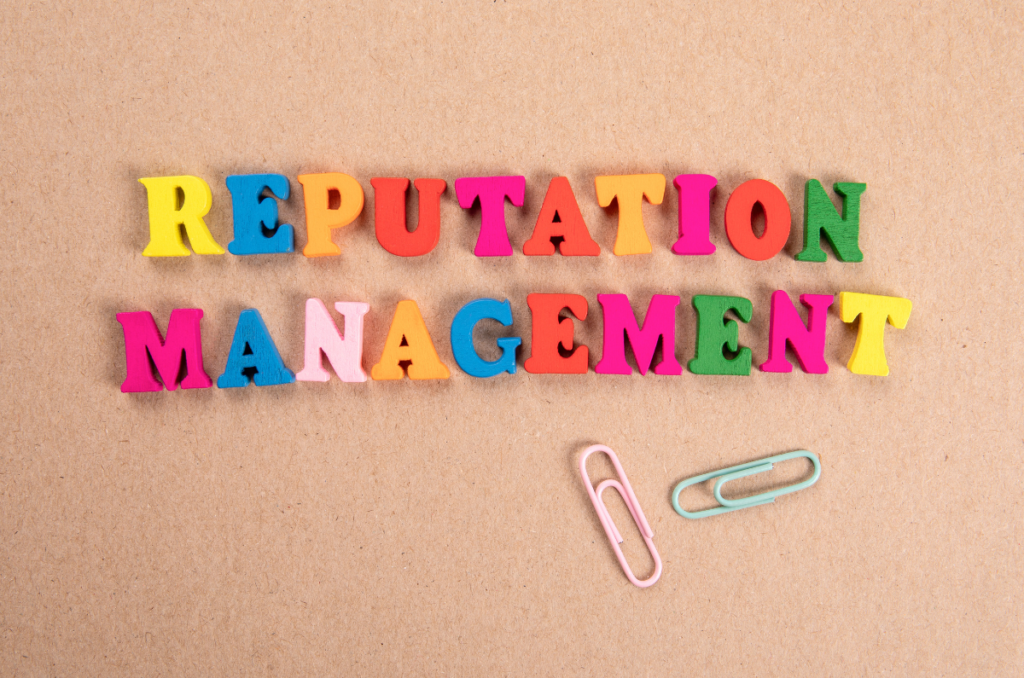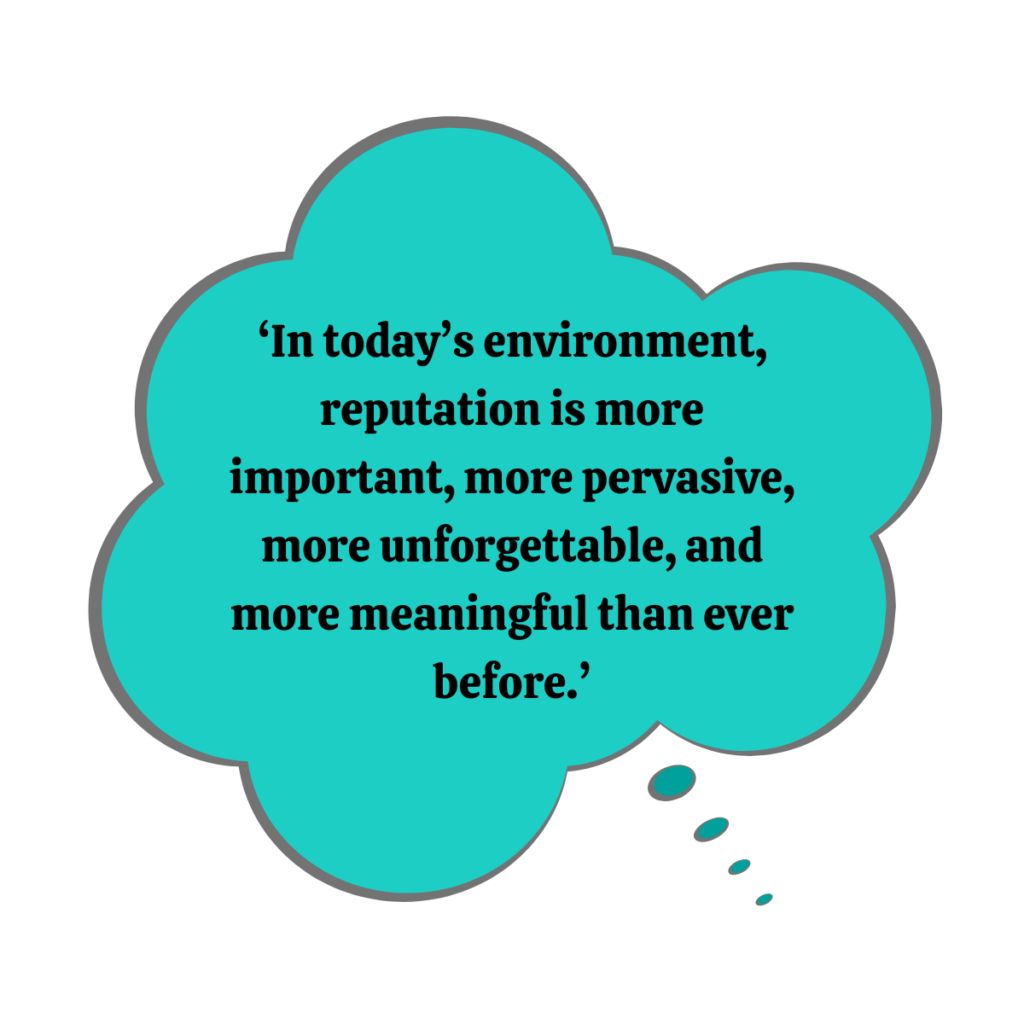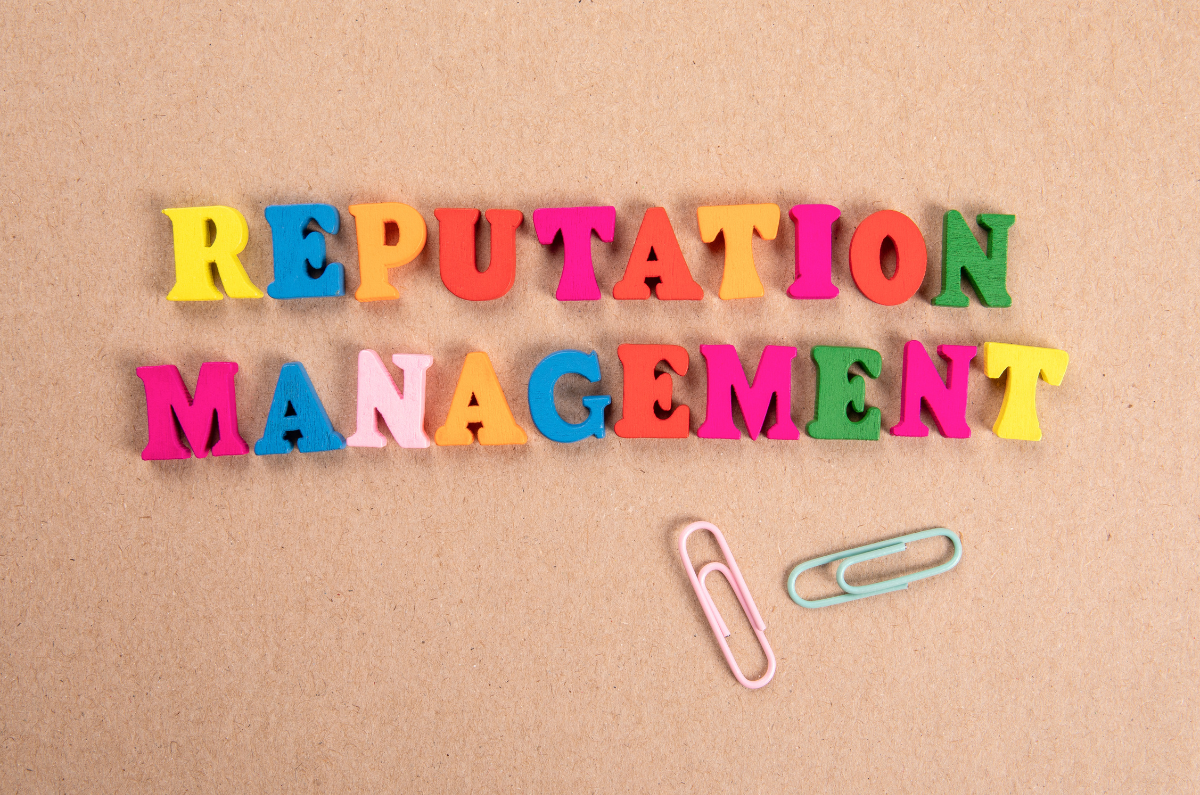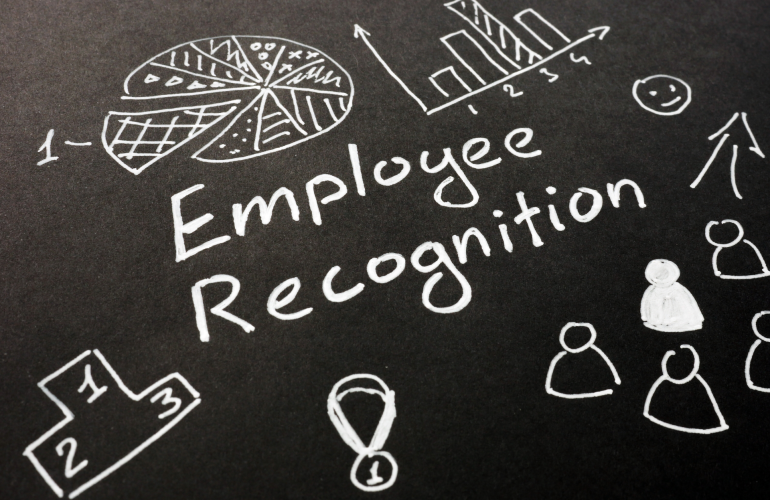By Kathleen Kibi

‘Your reputation precedes you’
The above is a universal concept; people will have thoughts, feelings and opinions that will dictate how they treat you before they even meet you. Whether in your professional space or in your social circles, your reputation has the power to make or break you. It is both a powerful force and a delicate flower as a good reputation can take years to build, but seconds to break.
What makes up a reputation?
Your reputation is the stories that people share about you with others. It will be made up of peoples’ experiences, both directly and indirectly with you. These experiences will then form the basis of their stories that they will then go on and share within their sphere of influence. Once those stories get out, you have very little control of where those stories go and how they will be received.
Is your narrative constant?

In this video, Steve Bartlett, a successful entrepreneur and host of the podcast, ‘The Diary of a CEO’, emphasizes the importance of your invisible reputation. In his second example, he shares a story on his first interaction with Adam Richman, of ‘Man vs. Food’ fame, and how that affected his perception of Adam. It is quite clear that Adam was having a bad day but that bad day had a ripple effect to his reputation that he had no clue about before Steve shared this on his platform.
You may think that small things you do go unnoticed. However, you build your reputation on every touch point that you have with almost every single person that you meet. We may think that we have some control over our reputation and get to define what people think of us and how they respond, but that is only to an extent. We only control an aspect of our reputation, but holistically, reputation is not just who we are or what we do; it’s what people think of who we are and do.
Reputational damage can happen in seconds, and the blast radius of a scandal can circle the globe within minutes. Let’s take the Will Smith scandal for example. He spent many years, whether actively or passively, building a reputation of being the fun-loving and positive Hollywood star. When he slapped Chris Rock on such a public platform, his reputation and people’s perceptions of him changed.
Although it isn’t the worst thing that a Hollywood star has done, the action did not fit the story that Will Smith and those around Will Smith had told the public about Will Smith. Some people choose to understand that people aren’t perfect and will make mistakes, while others may choose to judge Will Smith by his actions forever. Lets not forget that there are people who are always waiting for an opportunity to write someone like Will Smith off.
So the big question is; how should you manage your reputation?
1. Introspection is key
As challenging as it might be at times, think through what you do and why you do it. The things that you do not like about yourself, acknowledge and work through them and the things that you value about yourself, figure out how you can bring that to the spaces around you. You can do that through your actions, your communication and consistency in both.
2. A good reputation is an authentic one
This article isn’t focused on how you can build a likable reputation, but one that communicates what you want the world to know about you. Being authentic to you means eliminating inconsistencies in how you interact with the world around you.
3. Review yourself and relinquish control
Remember that you have very little control over the stories and narratives people tell about you, but only how you respond to them. Try to ask what people think about you once in a while but do not take it personally! Your actions/interactions and/or comments will be seen through the lens of that specific person’s experience. But that doesn’t mean you shouldn’t hold yourself accountable for your actions/comments/interactions when it matters. If you are wrong, be prepared to apologize and make amends. Where you feel like there is a misinterpretation of who you are; weigh out the pros and cons of trying to correct the person/people who have this perception of you and figure out whether you feel it is worth it to follow up. It can be emotionally exhausting work, but your reputation is something you are uniquely responsible for.
Going back to Will Smith; there are, at this point in writing, a lot of questions around whether his career will bounce back from what he did. It is quite clear that there is now a new narrative that has and will continue to be crafted by society at large, but it will be very hard for him to move away from that moment. A big question for him is whether he allows that moment to define his narrative moving forward and what work he will need to do to grow from this.
The majority of us will not experience a fall from grace on the same scale as Will Smith; but do face similar situations like the one Steve and Adam found themselves in on the plane. When we think about our own reputations at work and life in general, there are no clear right answers, but several clear poor examples for us to take note of in managing our own reputations. The aim should always be to try and reduce the Adam-like situations as much as we can, but own up to them like Adam did and hope that the narrative about ourselves does not align with those bad moments.



